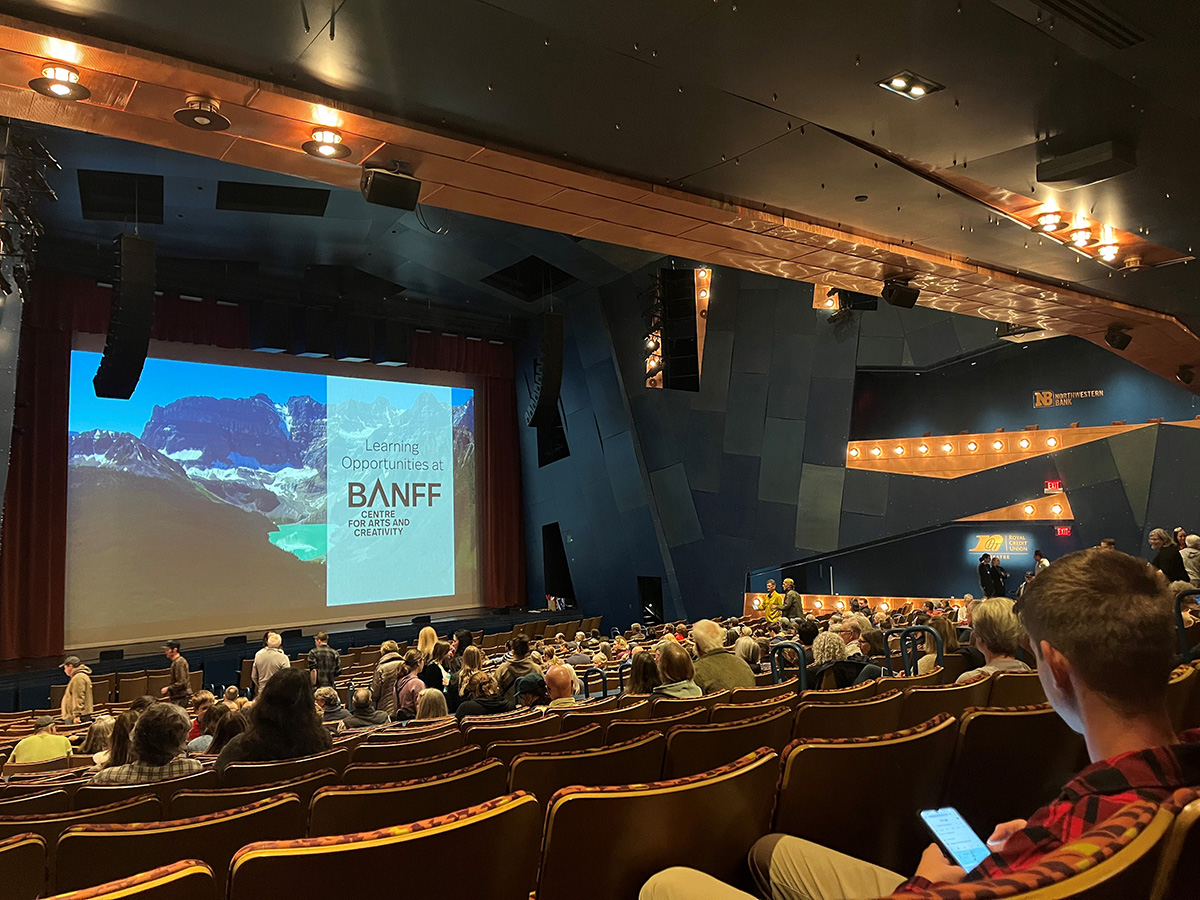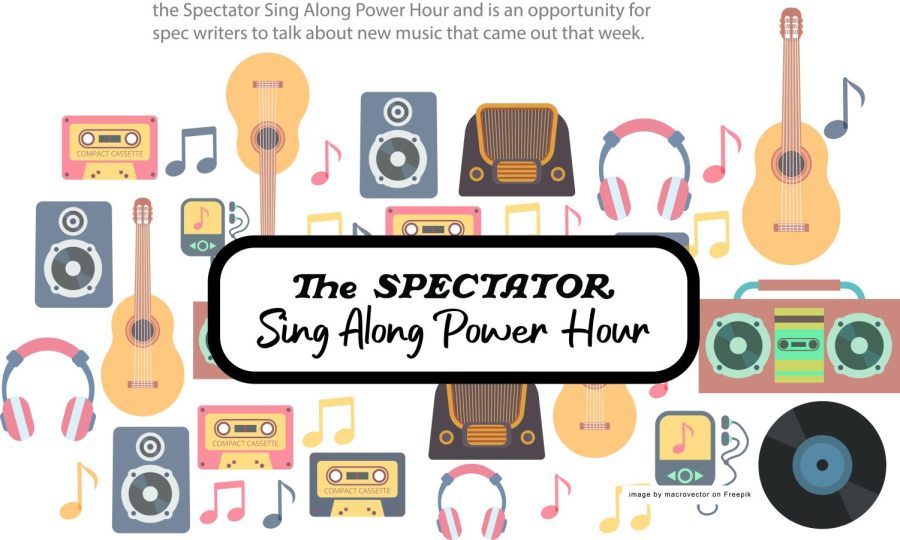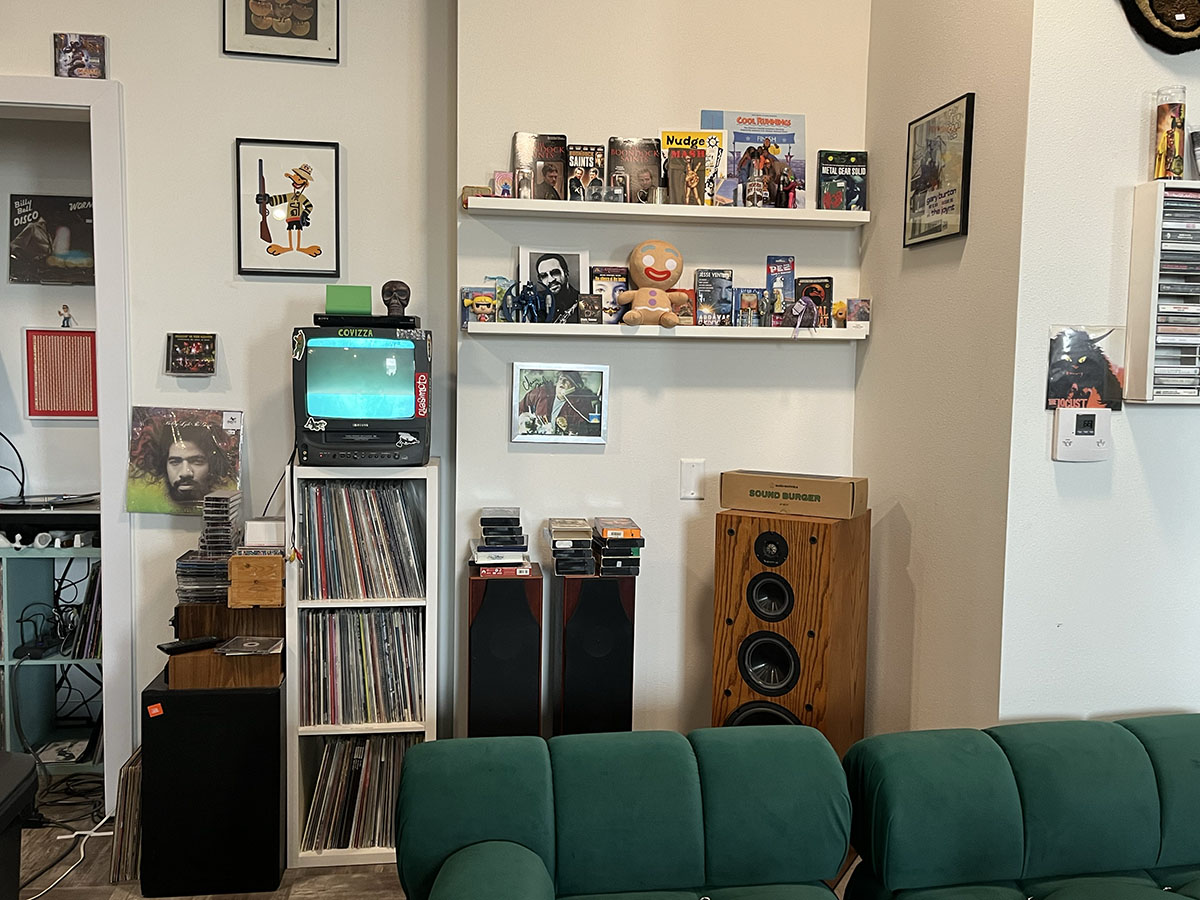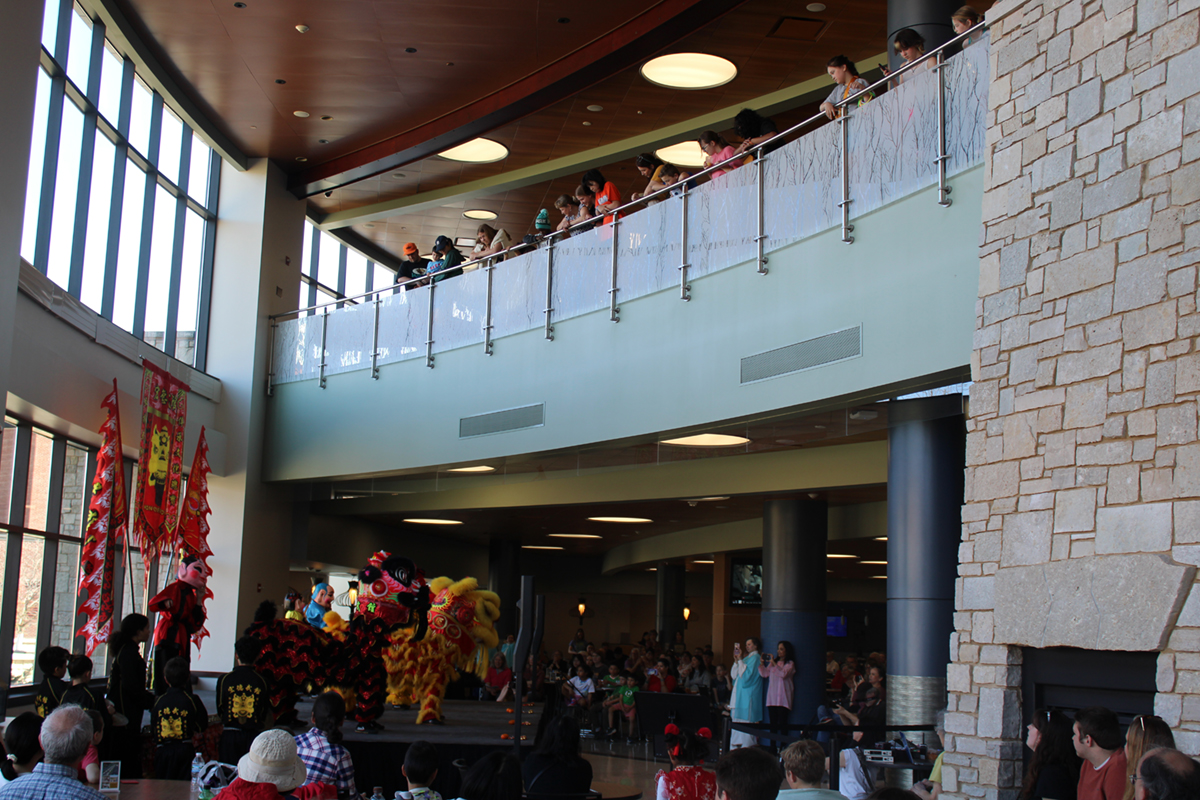At UW-Eau Claire, the professors of the theater department don’t have to worry much about censorship. The First Amendment of the United States Constitution grants them the freedom of speech and expression. In high school, however, censorship plays a much larger role. This, said assistant professor of Music and Theatre Arts Jennifer Chapman, means that high school and college theater are two very different worlds.
High School
Yesterday, in a forum entitled, “Censorship and High School Theatre,” Chapman discussed the difficulties faced by high school theater teachers. These issues have to do with decisions on what plays to include in school curriculum.
“High school teachers must have the support of their principal and possibly their local community when it comes to production choices,” she said. “The courts have ruled that it is not a violation of First Amendment rights to censor teachers or students in public high school theater contexts.”
Therefore, not all subjects are available for the high school theater to stage.
The reason for this, Chapman said, is the presence of minors, which causes First Amendment rights to be adapted slightly. The Supreme Court has ruled that “First Amendment rights are applicable within public school contexts as long as the form of expression does not pose a possible threat to other students or a disruption to school activities.”
But what does that mean, exactly? The role of theater teachers in a public school setting is to do no harm, Chapman said. But harm does not have a concrete definition in this context.
“Unlike the medical field,” she said, “which most of the time has a quantifiable measure for harm – death – we don’t really have that.”
This means that high school teachers must be careful of their choices. In 1998, the U.S. Court of Appeals ruled “that a high school theater teacher’s academic freedom and freedom of speech were not violated when she was dismissed for directing and teaching Lee Blessing’s ‘Independence,'” Chapman said. “Independence” is a play that includes divorce, homosexuality and unwanted pregnancy.
On this note, Chapman referred to an article by Donald Cruthers, editor of Dramatics Magazine.
Cruthers, she said, “make(s) the point for us that theater teachers are vulnerable. . He argues that the thing we value about theater – its riskiness and its ability to engage our passions – is the very thing that puts theater teachers at risk. . Theater teachers need specific guidelines for their own protection.”
In a question-and-answer session following Chapman’s presentation, Dean of Arts and Sciences Marty Wood commented, “Theater is not a subject that the school district’s going to defend at all costs against an angry public. . I suspect there’s way more subtle censorship all across the country than we guess because most teachers can’t afford to fight it.”
College
At Eau Claire, theater is much less restrictive. In a discussion prior to yesterday’s forum, Chapman said, “At the college and university level, we have a lot more freedom and flexibility with the choices that we make.”
She added that while some college and university theaters may have to cater play choices to their communities, Eau Claire does not have an issue with this.
“In Eau Claire,” she said, “we have a very supportive community outside of the university who attends our plays, who are really interested in being challenged by the theater they see, and so that’s pretty nice.”
Eau Claire does, however, have to take a few things into account when deciding which plays to put on.
For one, Chapman said, “We have to consider our students’ training needs . not just our actors, but also our designers. . So we want to make sure that our season, from beginning to end, has a wide variety of styles and historical pieces.”
A variety of tones is also important, she said.
“We don’t want a whole season of dark and depressing plays,” she said.
The play choices at Eau Claire are decided by the faculty as a whole, together with a student representative, who gets feedback from the student theater community.
“The work that we do here in the department is always collaborative,” Chapman said, “which is an exciting thing to be a part of as a teacher.”
Student involvement is very important, she said.
“We need (the students) to audition; we need them to commit to designing. . We depend on them. Without their commitment to the show, then we have no show, unless I get up and play all the parts.”
As far as the content of the plays goes, Chapman said, “Our job is to speak truth and sometimes truthfulness is really ugly. But if we’re not being truthful, that’s much uglier.”
The faculty, she said, tries to model for students that play choices mean considering whether or not the play says something truthful about humanity.
“And truthfulness can come through silliness,” she said. “It can be very serious, it can be vulgar, (or) it can be very polite. . But ultimately, it’s not something we’re very interested in – does it have bad words or not? What we’re much more interested in, does it tell something truthful? And that’s a good play.”






